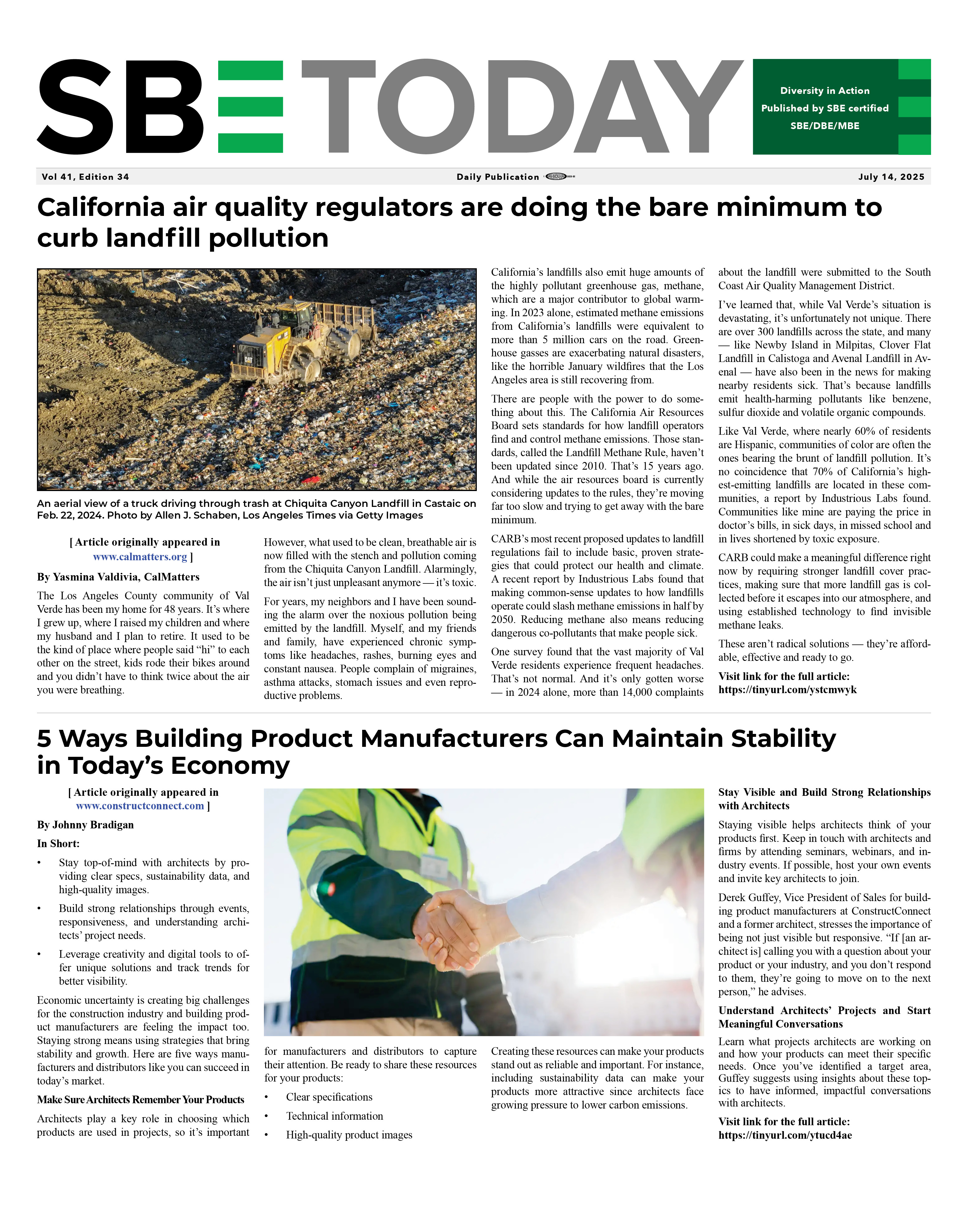
By Samantha Higgins,
The world is changing, and so is the way we do business. Now more than ever, people are becoming increasingly aware of the impact we have on the environment. As a small business owner, it's essential to do your part in reducing your carbon footprint and contributing to a more sustainable future. One way to achieve this is by transitioning to renewable energy sources. Not only is it environmentally friendly, but it can also benefit your business in several ways. From cost savings to increased brand reputation, going green can give your business a competitive edge. In this article, we'll explore the benefits of switching to renewable energy and how it can positively impact your small business. So, let's dive in and explore the advantages of going green!
What is Renewable Energy?
Renewable energy is energy that is generated from natural resources such as sunlight, wind, rain, and geothermal heat, which are replenished over time. Unlike non-renewable sources of energy such as coal, oil, and natural gas, renewable energy sources are sustainable and do not contribute to climate change. Renewable energy can be harnessed through various technologies such as solar panels, wind turbines, and hydroelectric power plants.
Renewable energy is becoming increasingly popular and for a good reason. Switching to renewable energy can help your small business reduce its carbon footprint and contribute to a more sustainable future. Renewable energy is also cost-effective and can save your business money in the long run. Additionally, using renewable energy can help your business gain a competitive edge by improving your brand reputation.
How to Transition to Renewable Energy as a Small Business
Transitioning to renewable energy is easier than you may think. Here are some steps you can take to switch to renewable energy as a small business:
1. Conduct an Energy Audit
The first step in transitioning to renewable energy is to conduct an energy audit. This involves assessing your current energy usage and identifying areas where you can reduce your energy consumption. An energy audit can help you identify areas where you can improve energy efficiency, such as upgrading to energy-efficient appliances and equipment.
2. Evaluate Renewable Energy Options
Once you have identified areas where you can reduce your energy consumption, it's time to evaluate renewable energy options. There are several renewable energy options available, such as solar panels, wind turbines, and geothermal systems. Evaluate which option is the best fit for your business based on your location and energy needs.
3. Determine Financing Options
Financing the transition to renewable energy can be costly, but there are several financing options available. You can take advantage of government incentives and grants, lease renewable energy equipment, or finance the transition through a loan.
4. Partner with a Renewable Energy Company
Partnering with a renewable energy company can help make the transition to renewable energy more manageable. A team of
solar energy contractors can help you evaluate your energy needs, install renewable energy equipment, and provide ongoing maintenance and support.
The Cost Savings of Renewable Energy for Small Businesses
Switching to renewable energy can save your small business money in the long run. Renewable energy is becoming increasingly cost-effective, and the cost of renewable energy equipment is continually decreasing. Additionally, renewable energy can help your business reduce its energy consumption, which can result in lower energy bills.
Renewable energy can also provide your small business with a stable source of energy. Unlike traditional energy sources such as oil and gas, the cost of renewable energy does not fluctuate based on supply and demand. This stability can help your business plan for the future and reduce the risk of unexpected energy costs.
The Environmental Impact of Renewable Energy
Renewable energy is environmentally friendly and can help reduce your small business's carbon footprint. Unlike non-renewable sources of energy, renewable energy does not produce harmful greenhouse gas emissions that contribute to climate change. Renewable energy also helps conserve natural resources and reduces the pollution caused by traditional energy sources.
By transitioning to renewable energy, your small business can contribute to a more sustainable future and help protect the environment for future generations.
How Renewable Energy Can Improve Your Brand Reputation
Switching to renewable energy can also improve your small business's brand reputation. Consumers are becoming increasingly environmentally conscious and are more likely to support businesses that demonstrate a commitment to sustainability. By transitioning to renewable energy, your small business can differentiate itself from competitors and attract environmentally conscious consumers.
Additionally, using renewable energy can help your small business build a positive brand image. By demonstrating a commitment to sustainability, your business can build trust and loyalty with consumers and employees.
Government Incentives for Transitioning to Renewable Energy
The government provides several incentives and grants for businesses that transition to renewable energy. These incentives include tax credits, rebates, and grants. By taking advantage of these incentives, your small business can reduce the cost of transitioning to renewable energy and make the transition more manageable.
Additionally, some states have implemented renewable energy standards that require a certain percentage of energy to come from renewable sources. By meeting these standards, your small business can avoid penalties and fines and improve its reputation as a sustainable business.
Common Misconceptions About Renewable Energy
Several common misconceptions about renewable energy may prevent small businesses from making the transition. One of the most common misconceptions is that renewable energy is not reliable. However, renewable energy technology has advanced significantly in recent years, and renewable energy sources are now more reliable than ever.
Another misconception is that transitioning to renewable energy is costly. While the initial cost of transitioning to renewable energy can be high, the cost savings, in the long run, can outweigh the initial investment.
Conclusion
Transitioning to renewable energy can benefit your small business in several ways. From cost savings to increased brand reputation, going green can give your business a competitive edge. By taking advantage of government incentives, partnering with a renewable energy company, and evaluating renewable energy options, your small business can make the transition to renewable energy more manageable. Additionally, by demonstrating a commitment to sustainability, your small business can attract environmentally conscious consumers and build a positive brand image. So, what are you waiting for? Start exploring renewable energy options and make the switch to a more sustainable future today!






